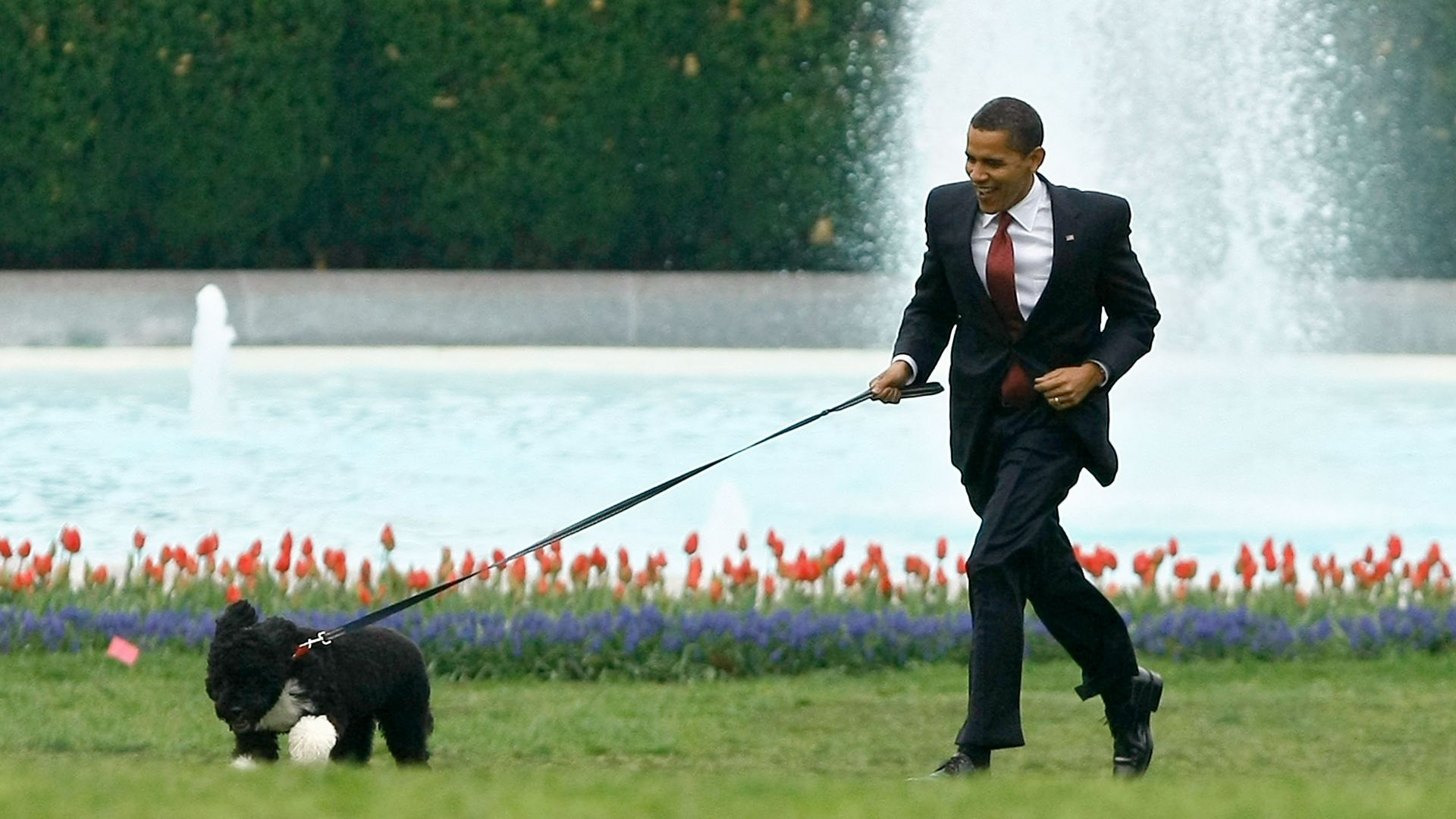These three trainer-approved tips will help your puppy feel calm and comfortable in their new home
Trainer shares three things you can do to help your puppy settle into their new home — and number one is so important

While bringing home a puppy for the first time can feel incredibly exciting, there's no denying that those initial few days can also feel stressful and overwhelming for everyone involved.
Your puppy will be trying to adjust to being away from its mother and littermates, while also getting used to a whole new environment and set of routines. You'll also be trying to find your own feet as a pet parent when it comes to helping your new fur friend learn the ropes of what's expected of them.
With so much going on, it's no wonder that many people report experiencing the dreaded puppy blues in those first few months after welcoming a canine companion into their family.
Although there's no denying that having a puppy can be both a joyful experience and a challenging one, expert trainer Amelia Steele says there's plenty you can do to help make those initial few days a calm and comfortable experience for both your puppy and yourself. Read on for her top three tips for helping a new puppy settle in....
A post shared by Amelia Steele (@ameliathedogtrainer)
A photo posted by on
1. Don't overload them: "A puppy's first few days at home can be overwhelming and stressful for them," explains Steele. It's important not to overload your puppy by having lots of guests round straight away or allowing children to pick them up endlessly." Steele recommends you give your puppy lots of space and always work at their pace.
2. Start toilet training straight away: "Don't be tempted to rely on puppy pads! The sooner you start toilet training, the faster your puppy is going to learn," says Steele who advises getting your puppy into a good routine from the get go.
3. Manage their space: "Puppies find it hard to generalize, which means the more space you give them, the harder training will be. Limit their space by allowing them access to one room at a time and utilise playpens where needed." Steel says that puppies are also more likely to chew and get into trouble, so pop them in a safe space when you're not able to supervise them.
PetsRadar Newsletter
Get the best advice, tips and top tech for your beloved Pets
Because puppies require a great deal of time, patience, and consistency when it comes to learning which behaviors are acceptable, we understand that training can feel frustrating at times. If you feel you and your fur friend would benefit from some extra support, we recommend reaching out a professional trainer who will be able to work with your puppy 1:1.
Looking for more great content to help you navigate your puppy's first year of life? Then be sure to check out our guide to puppy behavior where our vet shares their top tips for solving the most common behavioral issues.

Kathryn is a freelance writer who has been a member of the PetsRadar family since it launched in 2020. Highly experienced in her field, she's driven by a desire to provide pet parents with accurate, timely, and informative content that enables them to provide their fur friends with everything they need to thrive. Kathryn works closely with vets and trainers to ensure all articles offer the most up-to-date information across a range of pet-related fields, from insights into health and behavior issues to tips on products and training. When she’s not busy crafting the perfect sentence for her features, buying guides and news pieces, she can be found hanging out with her family (which includes one super sassy cat), drinking copious amounts of Jasmine tea and reading all the books.
